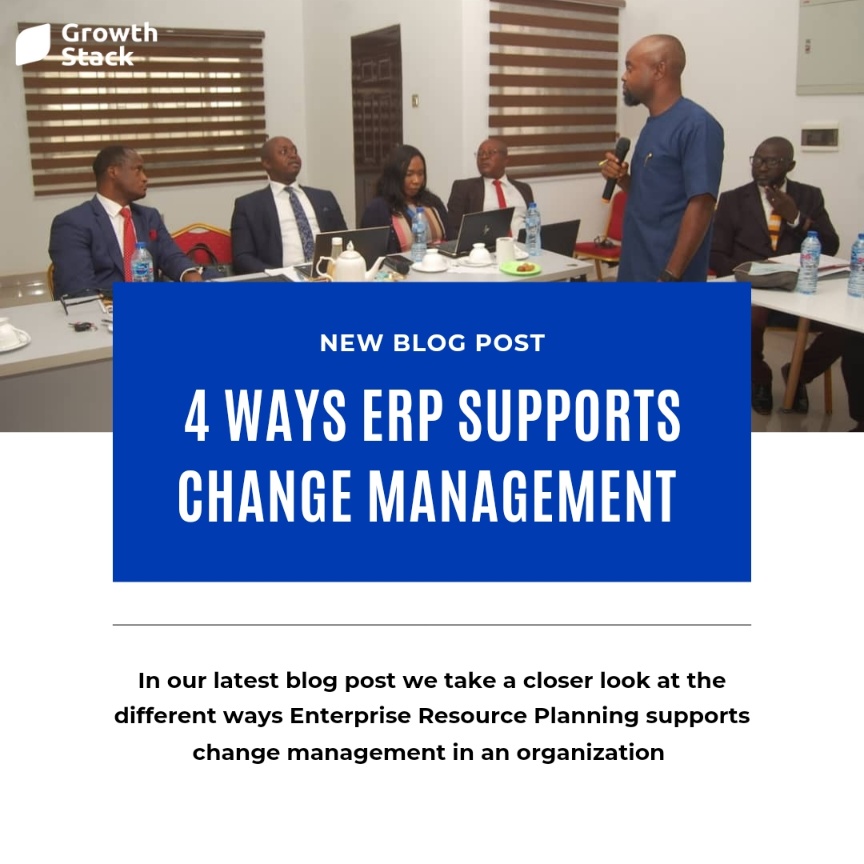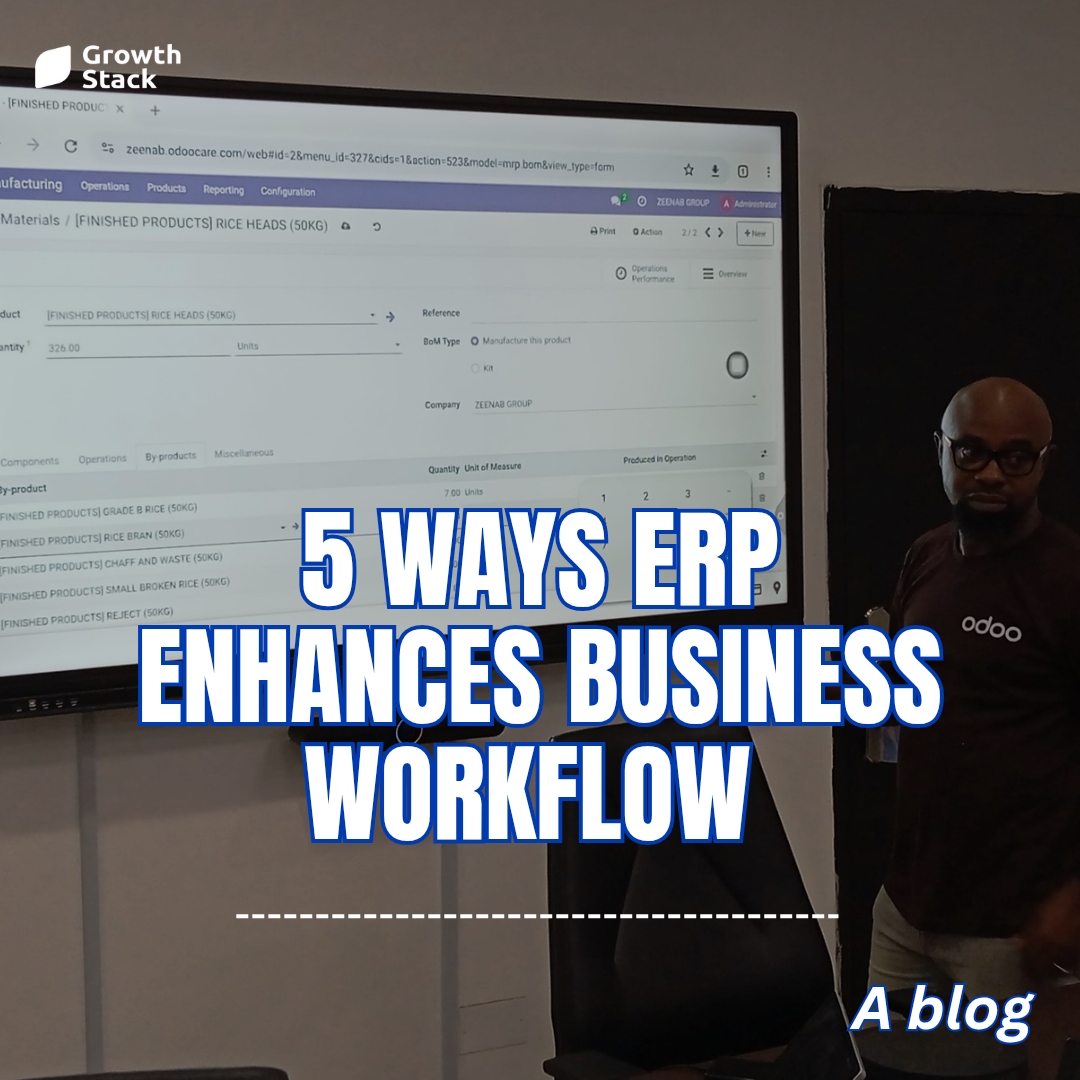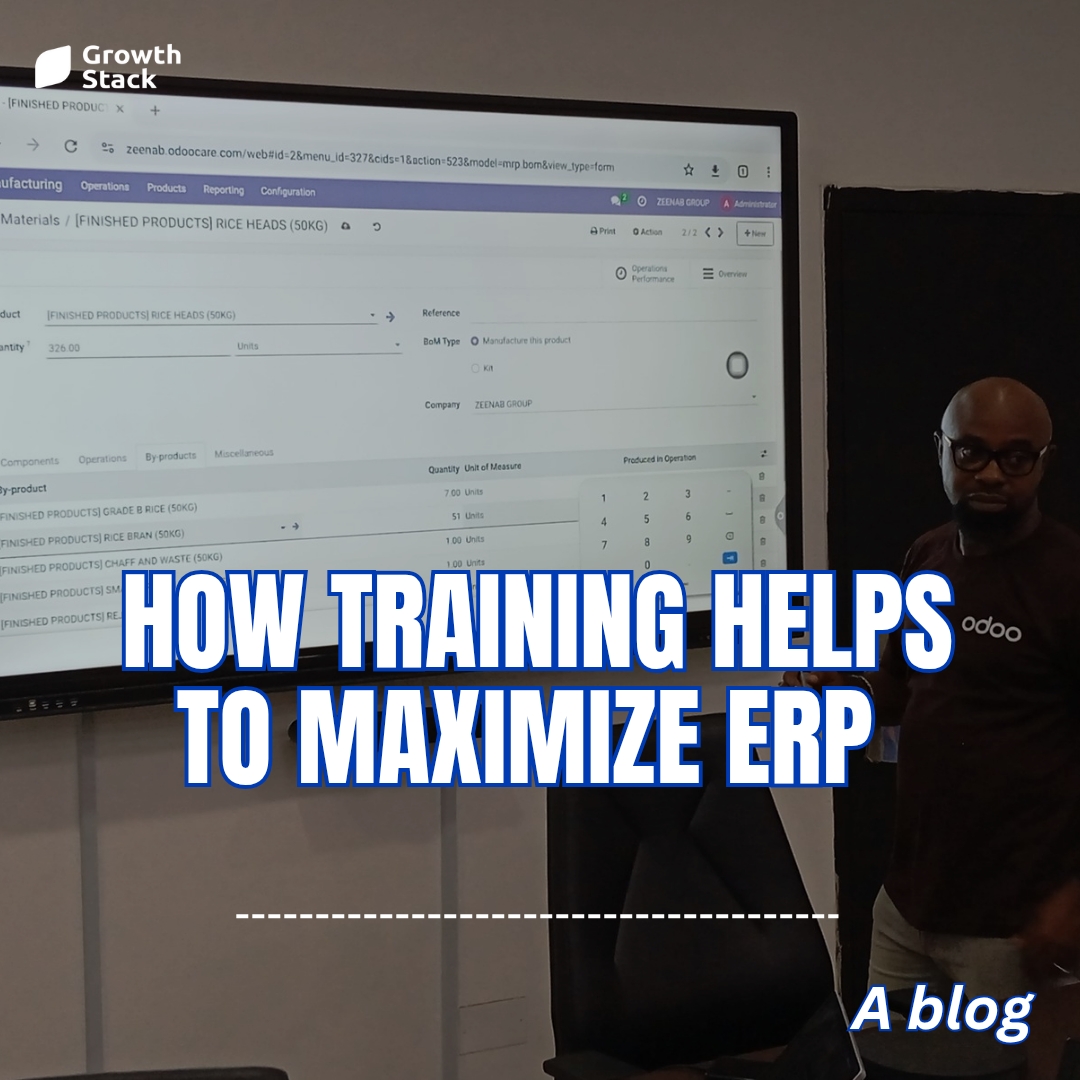Change management is crucial for businesses navigating transformations, whether implementing new processes, adopting new technologies, or responding to market shifts. Enterprise Resource Planning (ERP) systems play a significant role in simplifying and streamlining these transitions. By integrating data and automating workflows, ERP supports change management by improving collaboration, reducing resistance to change, and enhancing decision-making. Let’s explore four ways ERP systems enable smooth and effective change management.
1. Centralized Data for Better Collaboration
One of the most significant ways ERP supports change management is by centralizing data across all departments. Change often involves cross-functional collaboration, and an ERP system ensures that all stakeholders have access to accurate, real-time information.
With a single source of truth, businesses can minimize miscommunication and ensure everyone is aligned on goals and progress. For example, during an organizational restructuring, ERP systems allow departments like HR, finance, and operations to share information seamlessly, improving teamwork and reducing silos.
Key Benefit: Enhanced collaboration leads to more effective execution of change initiatives, as teams can work together with greater transparency and accuracy.
2. Streamlined Processes to Reduce Resistance
Resistance to change is a common challenge in change management. People often resist due to the perceived complexity of new processes. ERP systems support change management by streamlining and automating workflows, making transitions easier to understand and adopt.
For instance, implementing a new procurement process can feel overwhelming. An ERP system simplifies this by automating approvals, tracking inventory, and integrating with supplier databases. Employees can focus on strategic tasks rather than manual, repetitive activities, reducing resistance and promoting acceptance.
Key Benefit: ERP minimizes disruptions during change by simplifying processes and making transitions smoother for employees.
3. Real-Time Insights for Proactive Decision-Making
Another way ERP supports change management is by providing real-time data and analytics, enabling proactive and informed decision-making. Organizations undergoing change need to monitor progress and address potential challenges quickly.
For example, during the rollout of a new product line, ERP systems can track inventory, sales, and production performance in real time. Decision-makers can identify bottlenecks, evaluate the success of the transition, and make adjustments promptly.
For more insights into the role of ERP in improving decision-making, check out this ERP Guide for Organizational Agility.
Key Benefit: Real-time data allows businesses to adapt strategies on the fly, ensuring successful implementation of change initiatives.
4. Enhanced Employee Training and Onboarding
Change management often involves training employees on new systems or processes. ERP supports change management by providing integrated tools for training and onboarding. Many ERP systems include user-friendly dashboards, tutorials, and modules that help employees quickly adapt to new workflows.
For instance, when rolling out a new sales strategy, ERP systems can guide sales teams through updated CRM processes or analytics tools. This reduces the learning curve and builds employee confidence, which is critical for successful change adoption.
Key Benefit: ERP systems simplify training and onboarding, ensuring employees are well-equipped to embrace change.
Why ERP is Essential for Change Management
Effective change management requires the right tools and strategies to address challenges like resistance, miscommunication, and inefficiency. ERP supports change management by centralizing data, automating processes, and providing actionable insights.
By implementing an ERP system, organizations can transform change from a daunting challenge into an opportunity for growth and innovation. Whether it’s adapting to market trends, restructuring operations, or introducing new technologies, ERP systems enable businesses to navigate change with confidence and agility.













